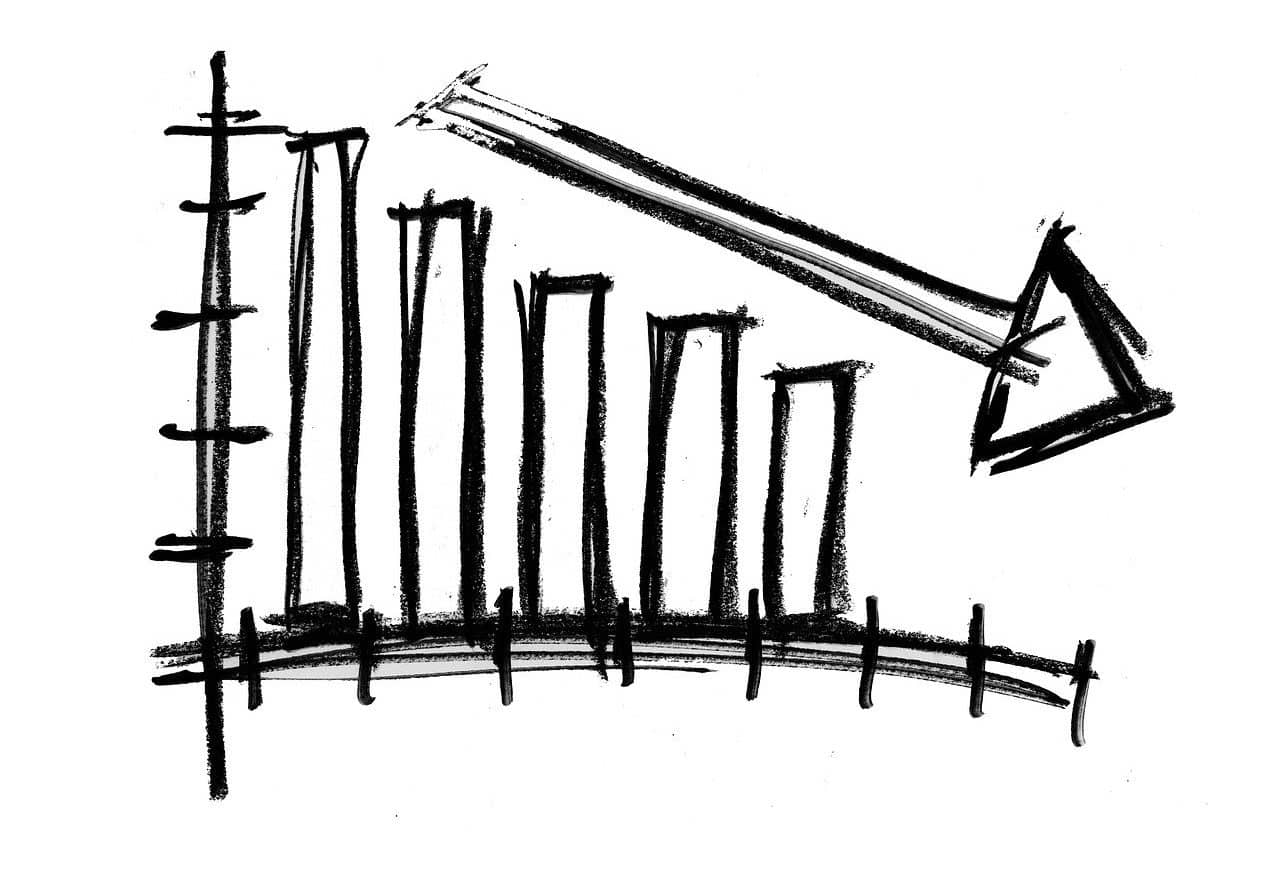
Deflation involves a general drop in prices.
Deflation is a term that derives from the French déflation , although its most distant antecedent is found in the English language: deflation . However, it seems that the oldest etymological origin of that word is found in Latin. And it is made up of three parts of said language:
- The prefix de- , used to indicate a separation or descent.
- The verb flare , which is synonymous with "swell" .
- The suffix -cion , which is indicative of "action."
Deflation in the economy
The concept of deflation is used in the field of economics to name the fall in prices that, generally, is caused by a situation of economic recession .
It can be considered, therefore, that deflation is the opposite of inflation , a word used to name the rise in prices that occurs in a given economy.
How the process develops
For deflation to exist, the decline in prices must be generalized and must last for at least twelve months (according to what various financial organizations postulate). Typically, deflation occurs due to a decline in demand for goods and services : low demand forces producers to lower prices to try to seduce buyers and increase sales.
Once the deflation process begins, it can be very difficult to reverse. Falling prices cause entrepreneurs to make less profits, something that usually leads to layoffs and a decline in investment . As the number of unemployed increases, demand continues to fall, which favors even sharper declines in prices.

Reversing deflation is difficult.
Deflation in Spain
The economic crisis that affected Spain between 2008 and 2014 constitutes a clear example of a deflation situation. Specifically, in this nation there was a resounding drop in prices in many areas.
In addition, there were other very harsh consequences such as the growth of what has been called "junk" jobs or the increase in the country's young people who had to go abroad in order to find employment and economic stability.
Measures to counteract it
The government, faced with a situation of deflation, can promote credit and increase public spending with the intention of providing dynamism to the economy and getting citizens to consume again.
Other measures that can be taken to confront a deflation process are a decrease in the price of money, a reduction in taxes and even an increase in transfers.
In 2014 , for example, the ECB ( European Central Bank ) found it necessary to undertake various actions to confront the deflation that was being recorded in various corners of the continent. For this reason, it undertook the lowering of interest rates in the euro zone, implemented measures to boost credit to companies and held weekly auctions so that banks can obtain liquidity.
